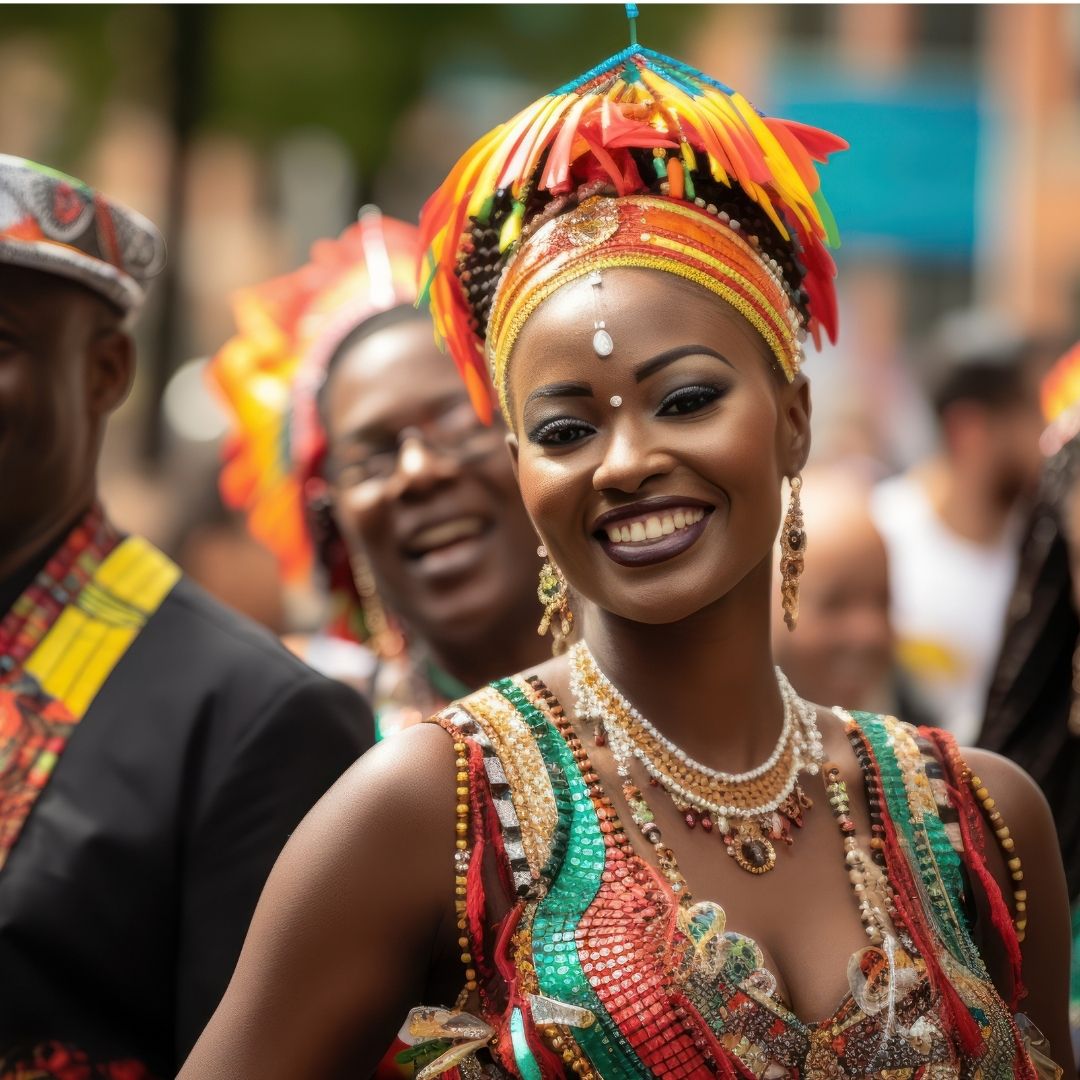
The five step cycle for hosting international events
So you’re a protocol officer, and slowly but surely you’re getting yourself in the know when it comes to international rules of Protocol. By now you’ve learnt that a lot of what makes a great a protocol officer comes with experience. Experience you don’t have or are at least you’re slowly starting to obtain.
So we have decided to help you along your journey, by giving you the five step cycle for hosting a successful International Visit.
- Handling affairs before arrival
As a Protocol officer you need to be able to draw up a Program Proposal containing all the details of the visit clearly laid out. This programme will include the following considerations:
- Purpose or Objective of the visit
- The parties that will be included in the official visit
- The particulars of the arriving party
- Considerations including: Funding, Air Travel, Accommodation, Interpreters etc.
- Technical Considerations including: Security, flags, gifts presentation.
- Ceremonial functions
This involves the arriving and welcoming of guests at the following ceremonials events; state dinners and banquets; legislature visits; visits to national landmarks; any formal cultural events.
- Meeting the objectives of the guests’ visit
This includes ensuring the environment and platform for the guests and host to conclude there business is completely distraction free, this includes meetings and negotiations. The following considerations should be taken into account:
- Room Preparation, Seating Arrangements according to Precedence.
- Meeting of Guests at venue, and escorting them to their designated area.
- Introductions and media relations.
- Ensuring meetings run according to schedules, and accounting for any delays.
- Handling various invitations, leisure activities, receptions and other forms of social contacts.
- Handling the departure of guests and seeing them off
Once all objectives of the visit have been achieved, it is then time for a formal departure, wherein the protocol officer will coordinate all particulars including but not limited to: flight arrangements, passport and luggage control and a seamless exit out of the country.
The responsibilities of a protocol officer are extensive with huge responsibility being placed upon your shoulders. Being prepared in every way and planning for every possible eventuality ensures a seamless event reflecting well, not only on you, but on your country as a whole.
If you enjoyed this article and want to learn more about how to brush up on your skills, then perhaps you would like to attend a course that would accredit you as a certified Protocol Officer click here.
Or follow the link below: http://afroprotocol.com/courses/international-diplomacy-and-protocol-masterclass/



